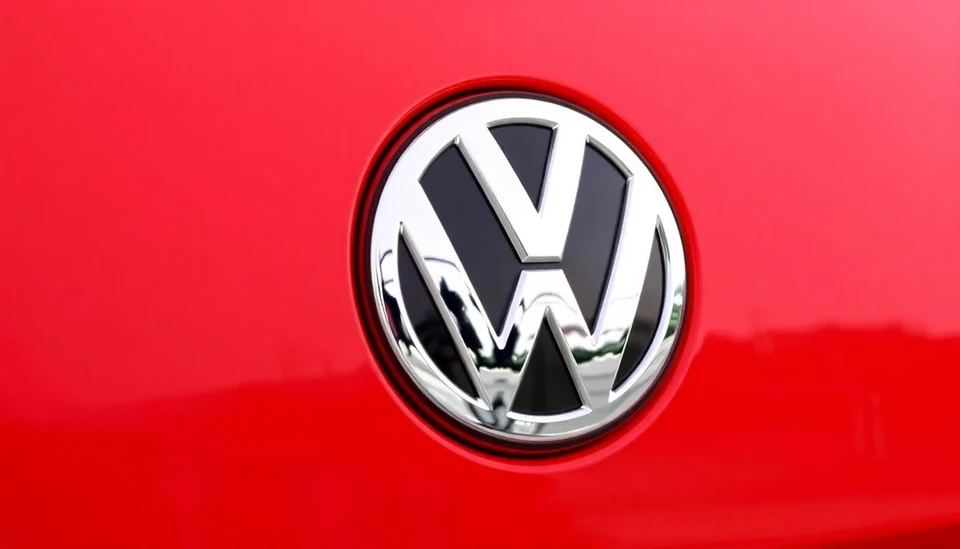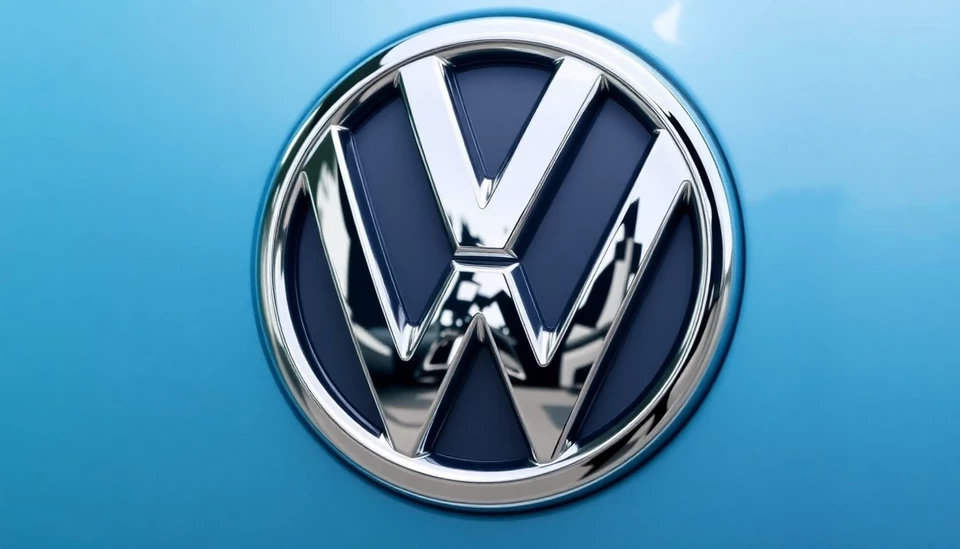
Volkswagen (VW), one of the world's leading automotive manufacturers, is bracing for a wave of warning strikes beginning in December. This labor action comes in the wake of ongoing negotiations concerning wages and working conditions for workers represented by various unions. The situation reflects a growing tension between the company and its employees, as the unions push for better compensation amidst rising living costs and the impact of inflation.
The German automaker announced that the upcoming strikes are a direct response to the stalled discussions between VW management and labor representatives. The unions have expressed frustration over the lack of progress in negotiations that they believe should prioritally address workers' financial concerns. The strikes are expected to affect several plants across Germany, potentially disrupting production and delaying vehicle deliveries.
VW's labor representatives argue that the company's profitability, which has remained strong despite global supply chain challenges, should translate to improved wages for workers. They emphasize that employees have been critical in sustaining the company's operations during tumultuous times, yet feel undervalued and under-compensated as inflation rises sharply.
The negotiations are taking place in a broader context of similar labor disputes across Europe, where workers in various sectors are demanding fair wages to cope with the sustained impacts of inflation. As many European countries experience strikes and labor unrest, VW's situation underscores the escalating tensions between employers and employees in the current economic climate.
Volkswagen representatives have stated that they are committed to continuing discussions with unions in hopes of finding a resolution without escalating to full-fledged strikes. However, the warning strikes are seen as a critical tactic to draw attention to employees' demands and applied pressure on the company to acknowledge their concerns seriously.
If the warning strikes proceed, they could serve as a precursor to more extensive industrial action if negotiations do not yield satisfactory results. Both sides remain in a stalemate, and with the start of December approaching, the potential impact of the strikes looms large over VW’s operational stability and production forecasts for the coming months.
As we await further developments on this pressing issue, the automotive industry watches closely, understanding that VW's labor negotiations could set a precedent for labor relations in the sector for years to come. Workers are increasingly mobilizing to assert their rights, with unions clearly signaling that they will not back down in their quest for better conditions.
#Volkswagen #VW #LaborStrikes #WageNegotiations #Inflation #GermanAutoIndustry #WorkersRights
Author: John Harris




